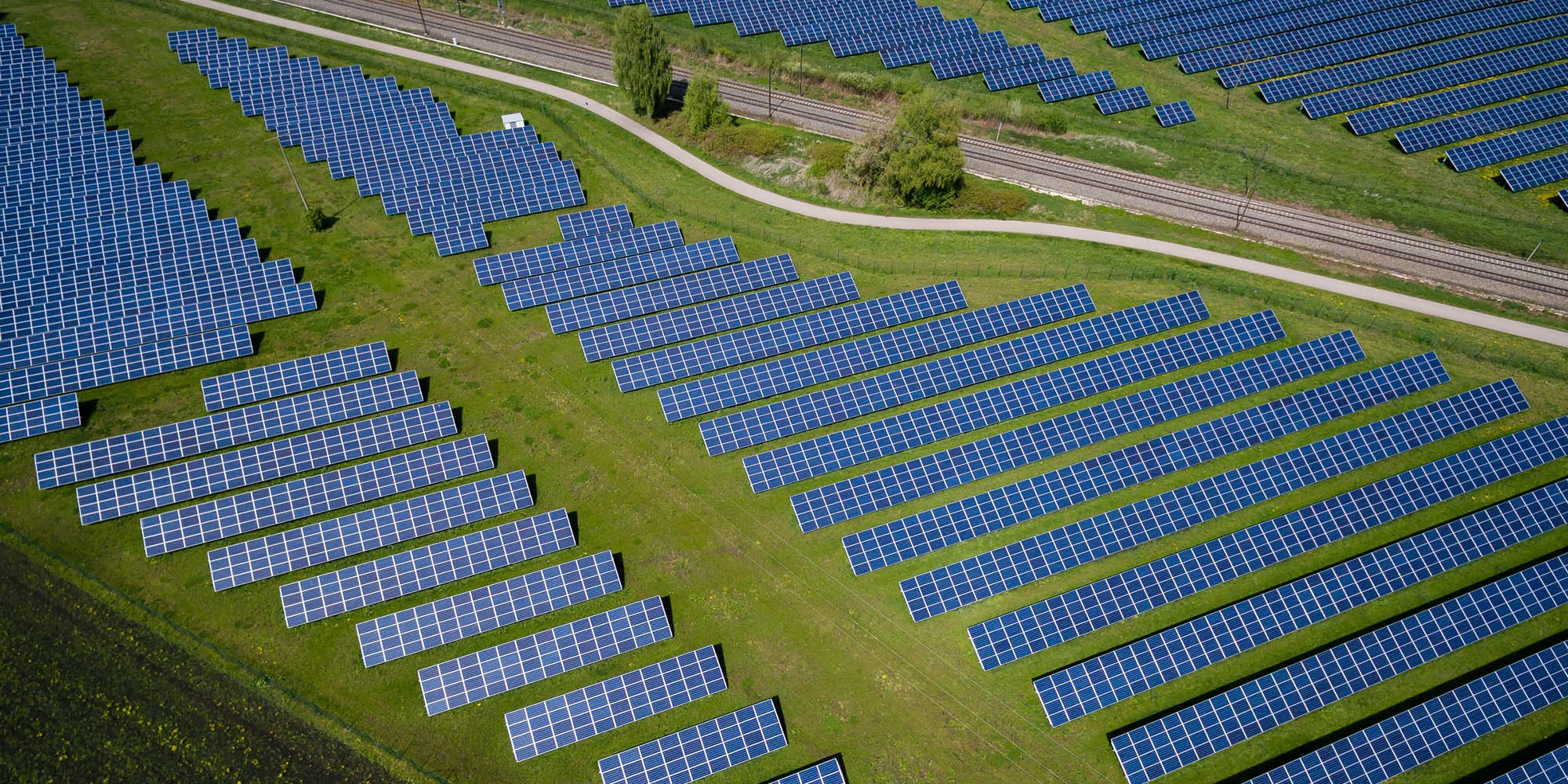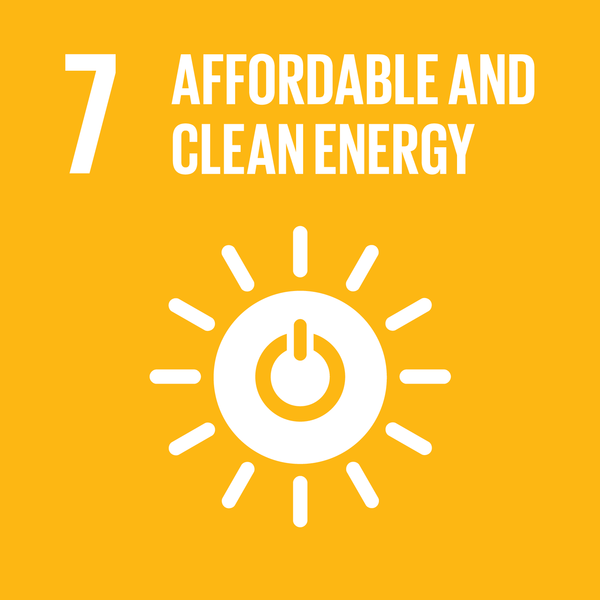
This article is part of the ISC’s Transform21 series, which features resources from our network of scientists and change-makers to help inform the urgent transformations needed to achieve climate and biodiversity goals.

‘Energy Compacts’ is a platform initiated by the United Nations to bring together Member States, international organizations, civil society organizations and companies to make voluntary commitments to taking specific actions on Sustainable Development Goal (SDG) 7: Ensure access to affordable, reliable, sustainable and modern energy for all, in line with the Paris climate agreement.
The ‘Energy Compacts’ include a series of plans and actions to develop access to energy across the world. Acceleration of progress on energy access, renewable energy and energy efficiency are the core targets of the compacts, which are intended to be a cooperation between UN Member States, businesses and not-for-profit organizations.
Any Member State or non-state actor, such as regional or national governments, businesses or civil society organizations, can be part of an Energy Compact, as long as they commit to specific actions that they will take to support progress to SDG 7. For a Member State, that could mean committing to expand access to cleaner cooking services to a certain percentage of the population by 2030 (or another specific year). For a business, it could be committing to ensure that 90% (or another specific percentage) of its total energy consumption comes from renewable sources by 2025, for example.
Energy Compacts are complementary to ‘Nationally Determined Contributions’ (NDCs), which address Member States’ national climate ambitions and targets that are legally required under the Paris Agreement, focusing on a country’s emissions profile from the economy as a whole. Energy Compacts cover commitments and targets included in the NDCs, in line with the Paris Agreement and with SDG 7.
Progress towards the commitments outlined in the Compacts will be monitored through self-reporting using an online platform created by the United Nations to publicly share results. These reports should be coherent with the requirements and reporting platforms that are already in place for NDCs and SDG 7.
Member States can also receive technical or financial support from UN Energy for progress on projects to develop access to energy and accelerate the transition to clean energy.
A High-level Dialogue on Energy will take place under the auspices of the UN General Assembly in September 2021. Energy Compacts will be part of this High-level Dialogue.
Find out more:
This report is one of five publications developed through the IIASA-ISC Consultative Science Platform “Bouncing Forward Sustainably: Pathways to a post-COVID world” and launched in January 2021.
Header photo: Andreas Gücklhorn on Unsplash.